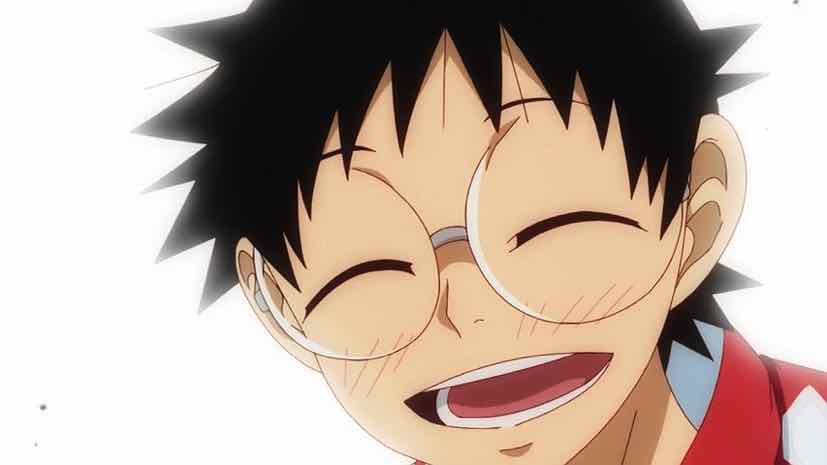 In a sense, Watanabe Wataru had a bit of a thankless job. One could pretty much assume that Onoda and Manami-kun would be battling it out at the end of the inter-high, but he had to tell an entire story to get us to this point. To try and instil some sense of uncertainty about how things would end up. To an extent Midousuji provides an outlet – I honestly thought this could turn out to be a three-way battle. But these two were always going to be there either way, and everything else has been in the service of that eventuality.
In a sense, Watanabe Wataru had a bit of a thankless job. One could pretty much assume that Onoda and Manami-kun would be battling it out at the end of the inter-high, but he had to tell an entire story to get us to this point. To try and instil some sense of uncertainty about how things would end up. To an extent Midousuji provides an outlet – I honestly thought this could turn out to be a three-way battle. But these two were always going to be there either way, and everything else has been in the service of that eventuality.
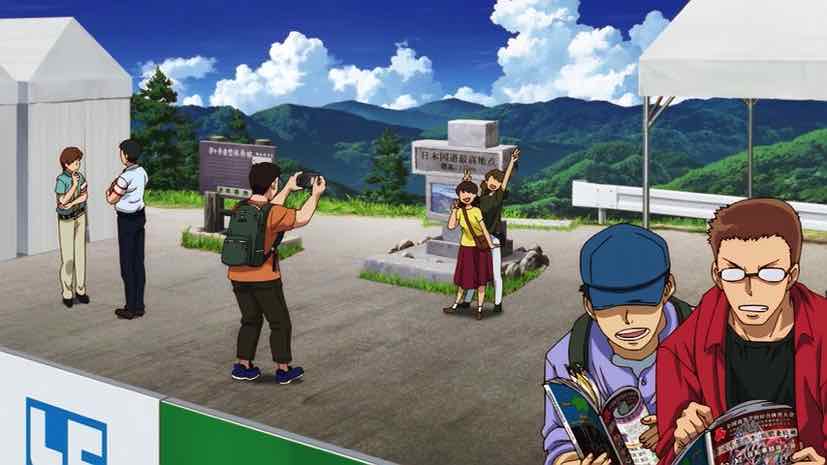 All the while Sakamichi and Shunsuke are waxing poetic about their dream one-two finish, Kuroda is obviously pulling like crazy to get Manami back to the front. That’s what lieutenants do, and those two have avoided most of the circuses that were playing out amongst the other two contending teams. I kept thinking to myself that they were wasting precious time, that Onoda needed to go immediately and if Imaizumi couldn’t keep up, so be it. But they wasted too much time – by the time they realized the error of their ways the jig was up.
All the while Sakamichi and Shunsuke are waxing poetic about their dream one-two finish, Kuroda is obviously pulling like crazy to get Manami back to the front. That’s what lieutenants do, and those two have avoided most of the circuses that were playing out amongst the other two contending teams. I kept thinking to myself that they were wasting precious time, that Onoda needed to go immediately and if Imaizumi couldn’t keep up, so be it. But they wasted too much time – by the time they realized the error of their ways the jig was up.
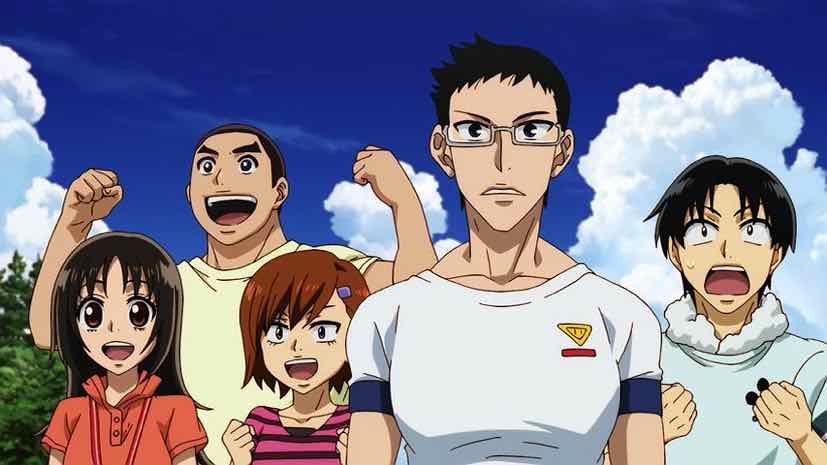 As if that weren’t enough, even when Manami blew past them Onoda still didn’t spring into action. Imaizumi at least recognized the truth of the matter – he was toast, and Onoda had to go post haste. But yes, as Hotshot says, Onoda’s indecisiveness is one of his few faults as a rider. There’s no time for it in a situation like this – every second Manami is allowed to stretch out his lead makes the literal and figurative mountain Onoda has to climb that much steeper. He does get there in the end – he always does – but I wish it hadn’t taken him so long.
As if that weren’t enough, even when Manami blew past them Onoda still didn’t spring into action. Imaizumi at least recognized the truth of the matter – he was toast, and Onoda had to go post haste. But yes, as Hotshot says, Onoda’s indecisiveness is one of his few faults as a rider. There’s no time for it in a situation like this – every second Manami is allowed to stretch out his lead makes the literal and figurative mountain Onoda has to climb that much steeper. He does get there in the end – he always does – but I wish it hadn’t taken him so long.
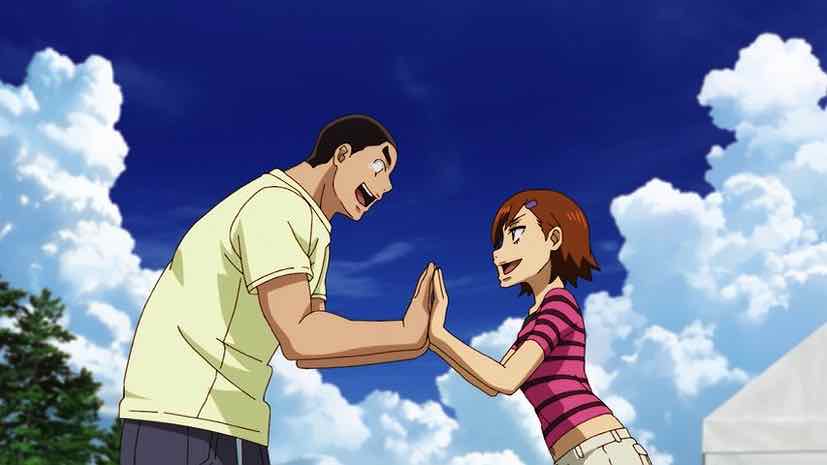 I’m not totally convinced Manami didn’t wait for his friend there, just a bit. The truth is Manami cares more about the purity of the moment than about the success of his team – he wants a rematch with Onoda more than a win at any costs. Even Onoda, team-first guy that he is, recognizes that this is the fated pairing of the story – he wants that battle just as much as Manami does. These two are the soulmates of the series, and they understand each other better than their own teammates understand either of them.
I’m not totally convinced Manami didn’t wait for his friend there, just a bit. The truth is Manami cares more about the purity of the moment than about the success of his team – he wants a rematch with Onoda more than a win at any costs. Even Onoda, team-first guy that he is, recognizes that this is the fated pairing of the story – he wants that battle just as much as Manami does. These two are the soulmates of the series, and they understand each other better than their own teammates understand either of them.
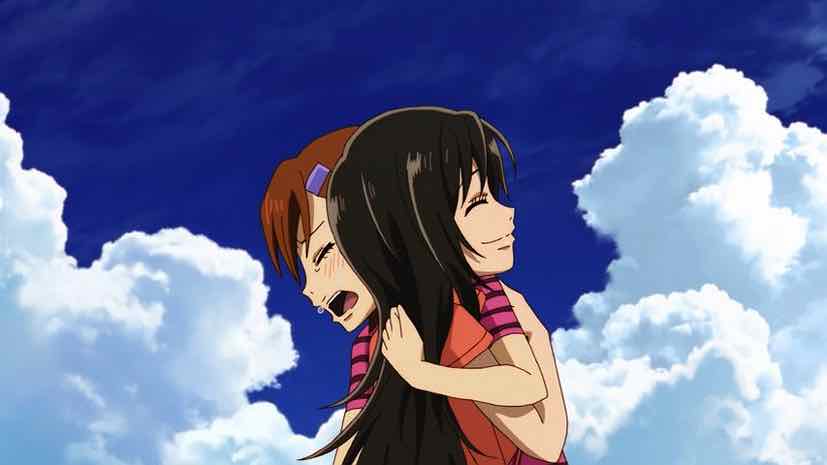 The most interesting part of this final exchange was when Manami expressed disappointment about the circumstances of their meeting. Rather than exulting over the fact that they get to race for the inter-high (again), he’s sad that the purity of their challenge is tainted by the excess baggage of team responsibilities. Manami says he’d rather it had been a mountain checkpoint or – he actually says it – for third place. But that’s totally in-character. Again, despite feeling the weight of that baggage even more heavily, Onoda agrees – just racing Manami for the thrill of it would be more fun.
The most interesting part of this final exchange was when Manami expressed disappointment about the circumstances of their meeting. Rather than exulting over the fact that they get to race for the inter-high (again), he’s sad that the purity of their challenge is tainted by the excess baggage of team responsibilities. Manami says he’d rather it had been a mountain checkpoint or – he actually says it – for third place. But that’s totally in-character. Again, despite feeling the weight of that baggage even more heavily, Onoda agrees – just racing Manami for the thrill of it would be more fun.
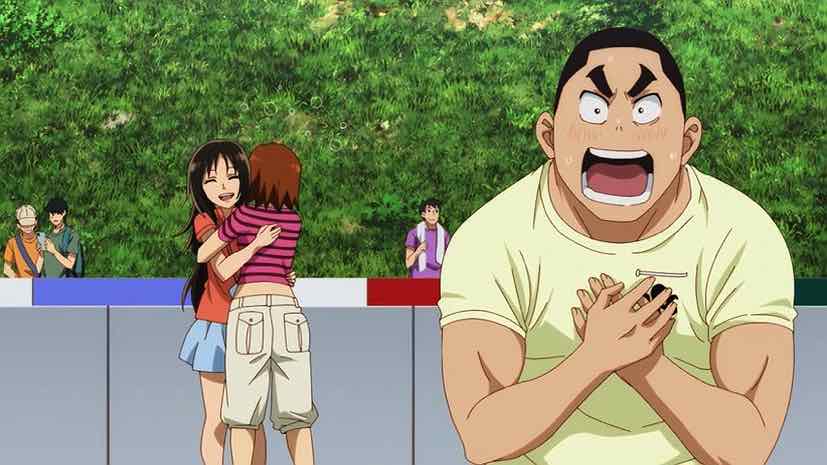 But when you’re the best, that’s a luxury you don’t really have. And these two are the best climbers in the race, and in grand tour cycling it’s the best climbers who decide the podium. So they carry the banner for their teams once more, and now the series can finally embrace true uncertainty – because it’s certainly feasible both competitively and narratively that either boy could win the race. Both should be fresh, though I would argue Manami has had a lot less high-tension riding to do over the three days. If anything I’d make him the favorite – based on that, and the fact that Onoda winning two years in a row would be an unusual launching pat for the final inter-high, which seems likely to provide the series’ climactic arc.
But when you’re the best, that’s a luxury you don’t really have. And these two are the best climbers in the race, and in grand tour cycling it’s the best climbers who decide the podium. So they carry the banner for their teams once more, and now the series can finally embrace true uncertainty – because it’s certainly feasible both competitively and narratively that either boy could win the race. Both should be fresh, though I would argue Manami has had a lot less high-tension riding to do over the three days. If anything I’d make him the favorite – based on that, and the fact that Onoda winning two years in a row would be an unusual launching pat for the final inter-high, which seems likely to provide the series’ climactic arc.


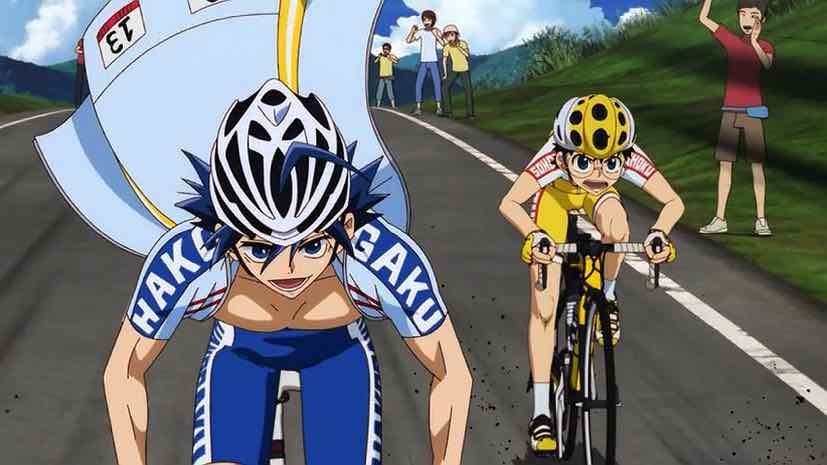
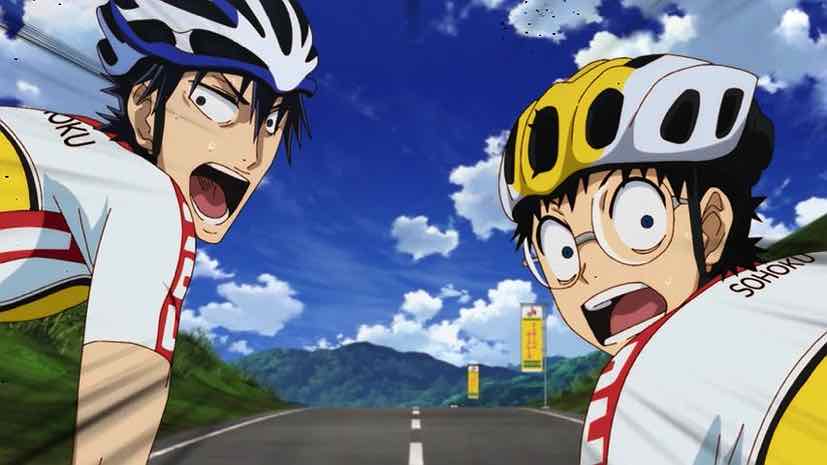
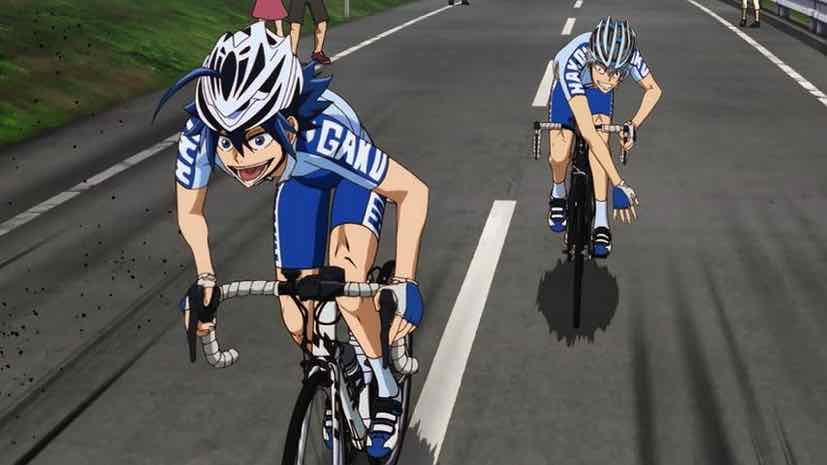
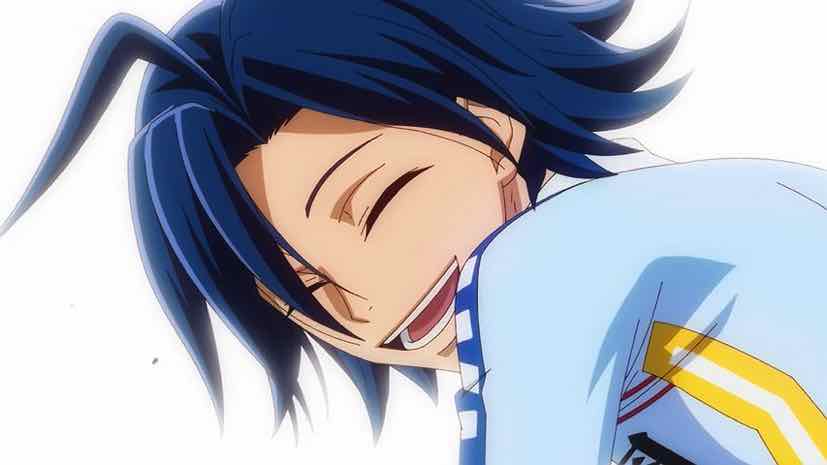
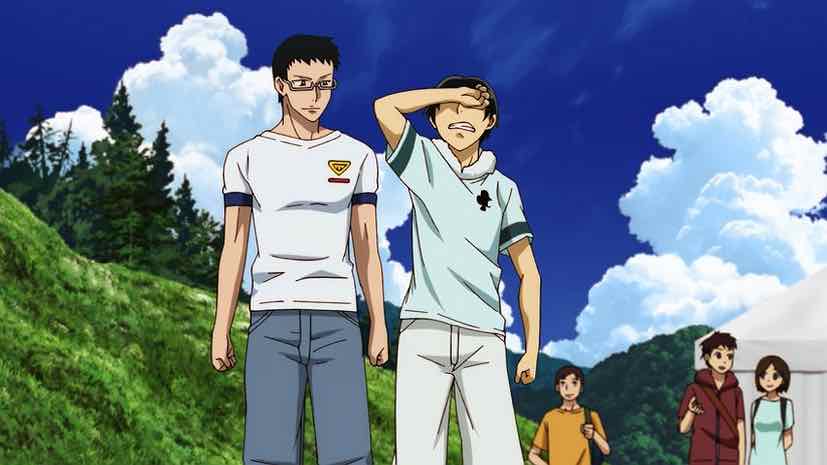
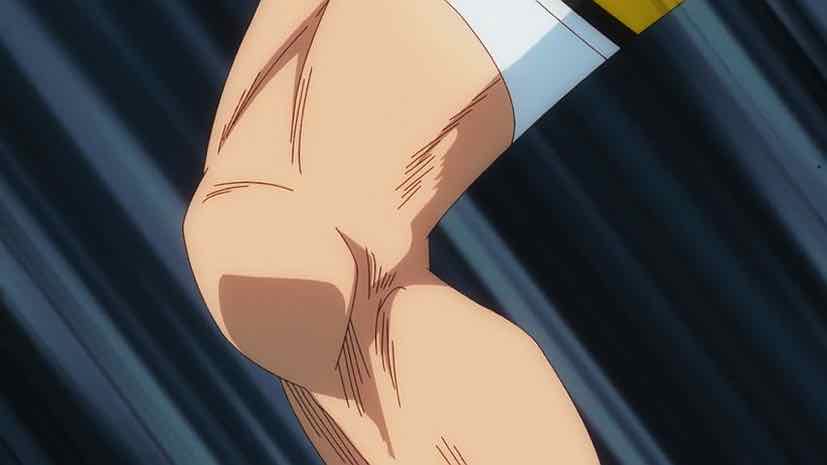
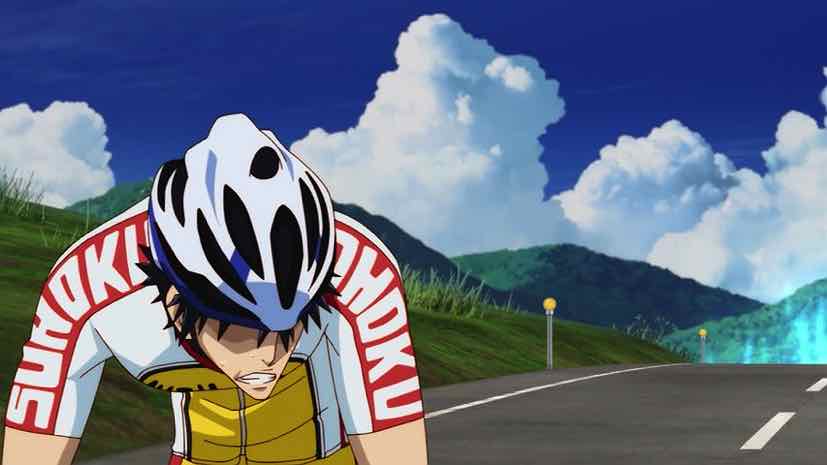

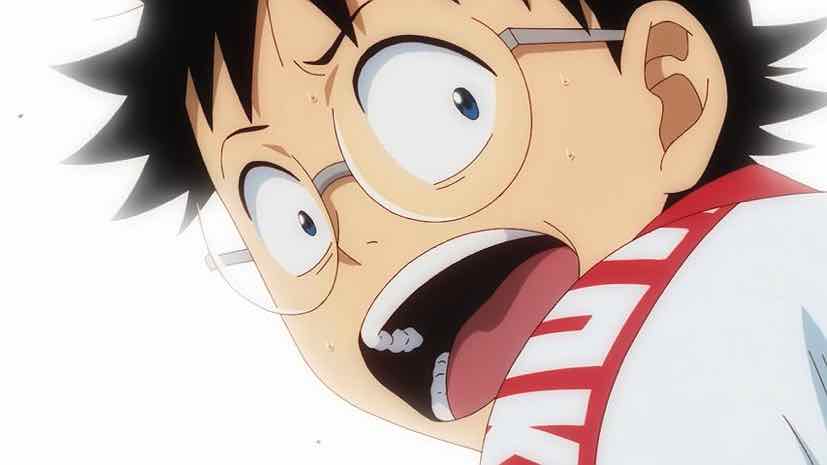
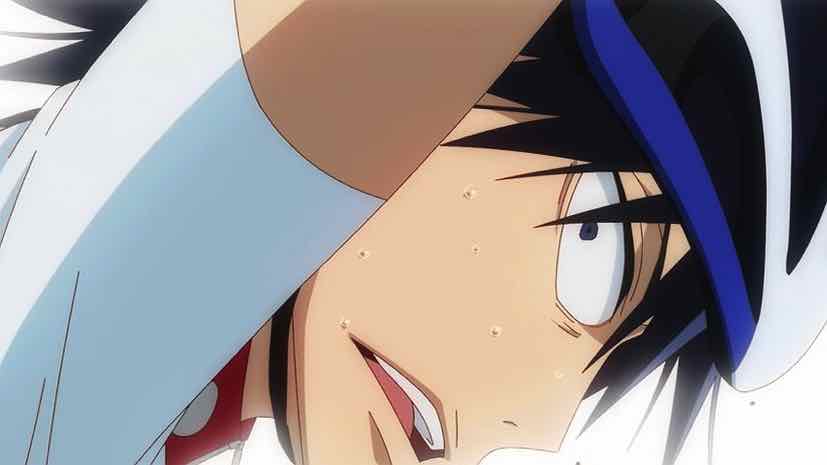
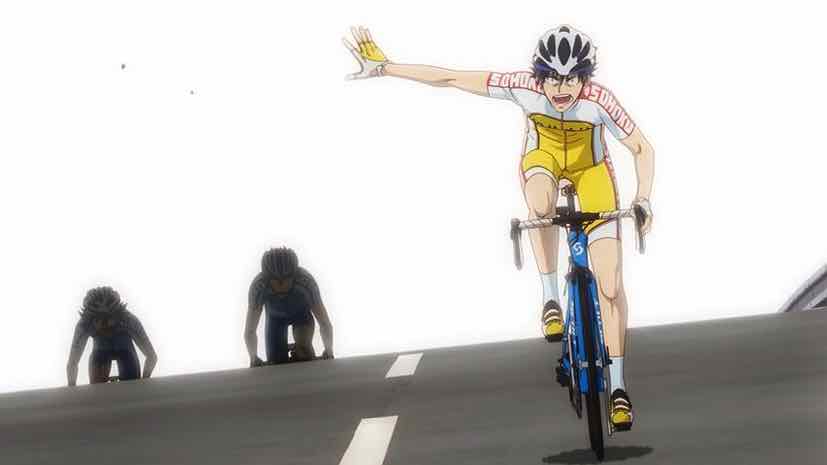
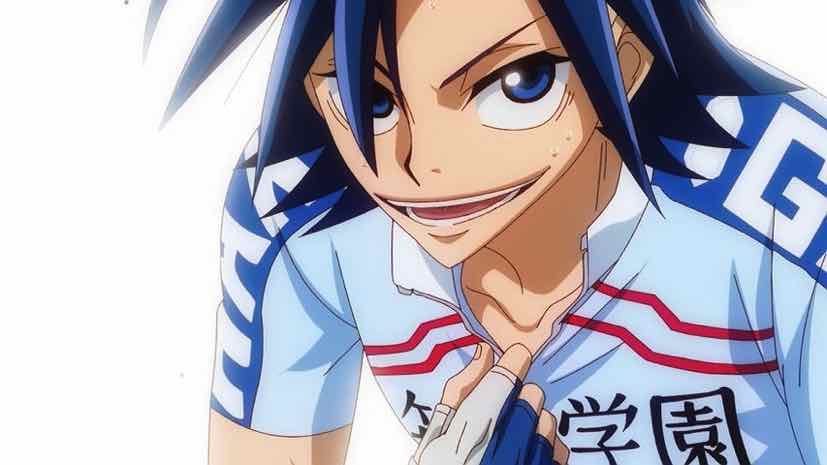
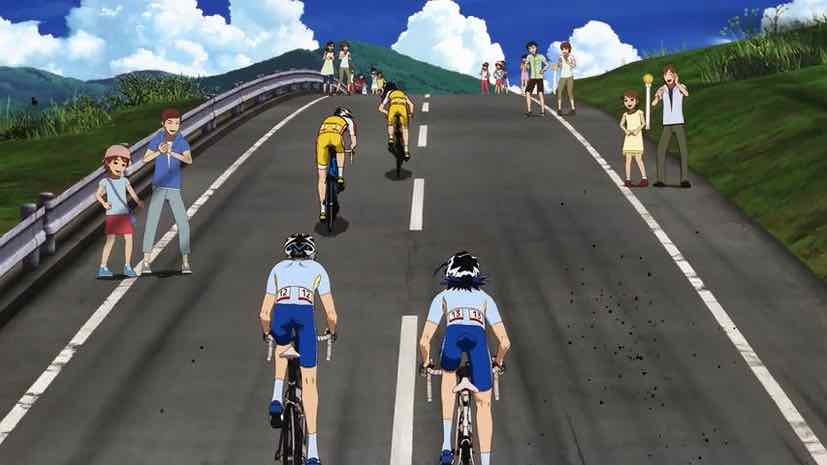
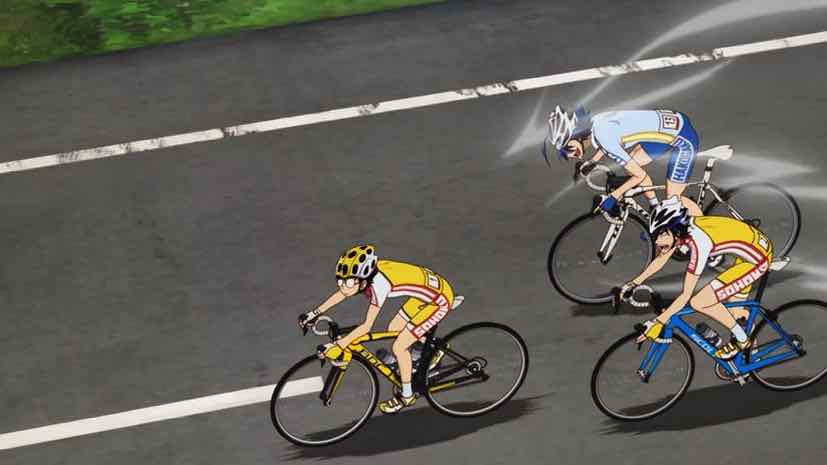
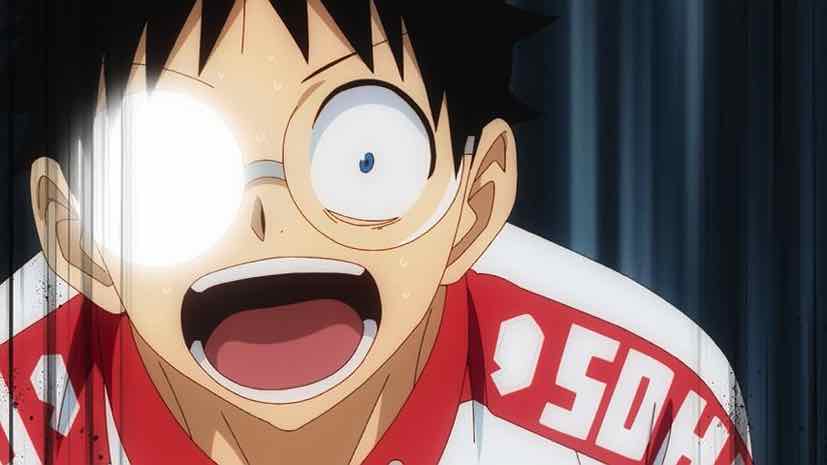
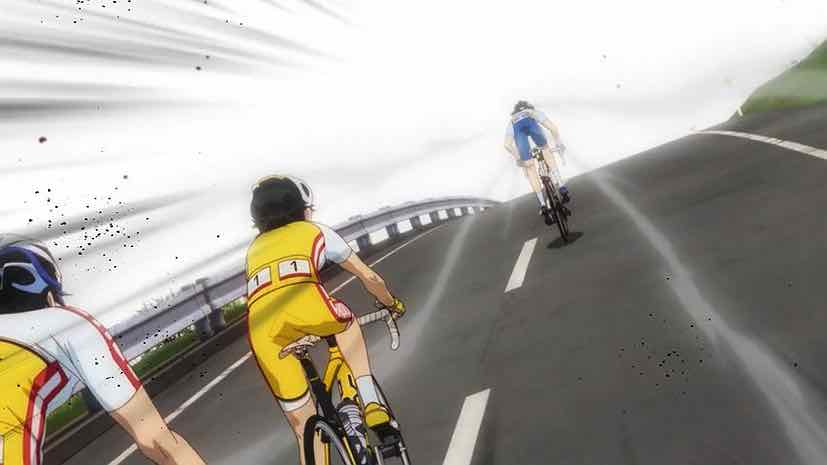
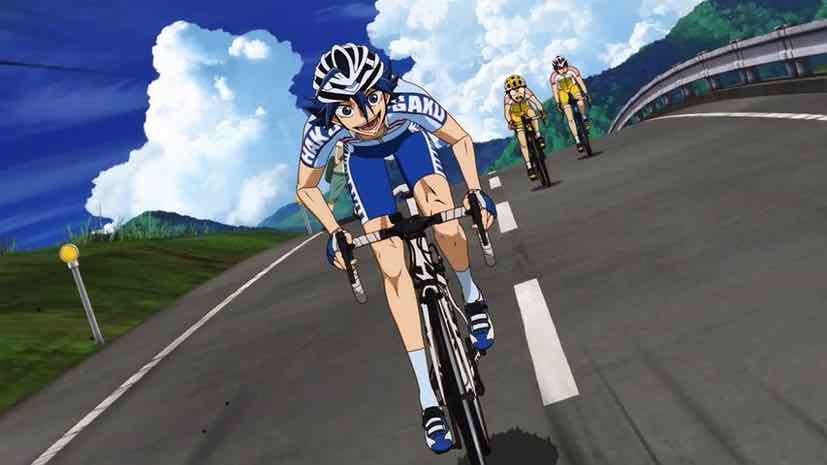
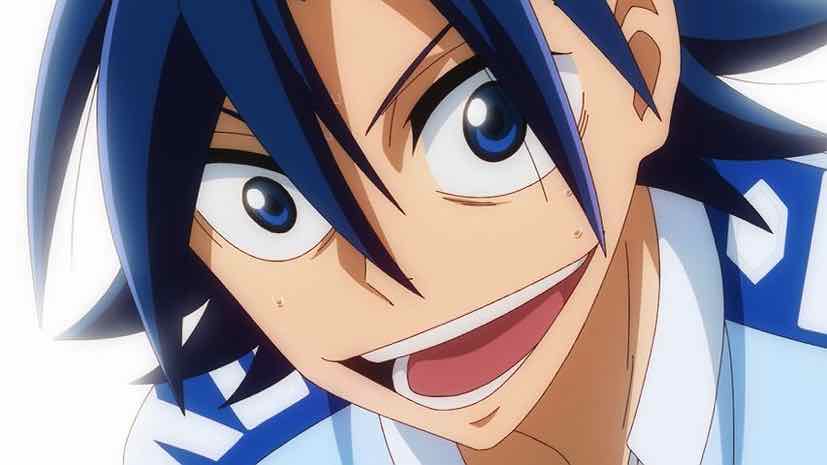
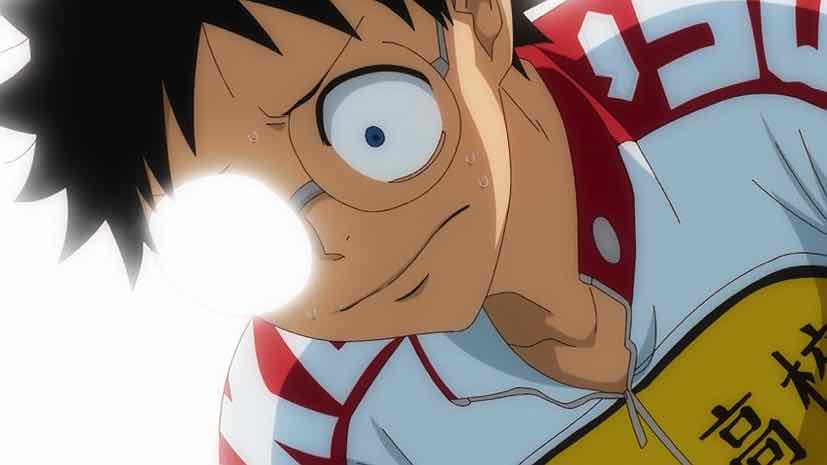
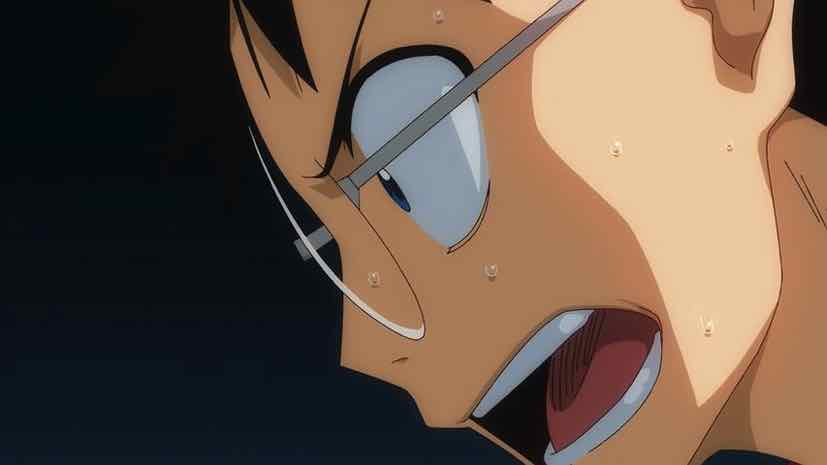
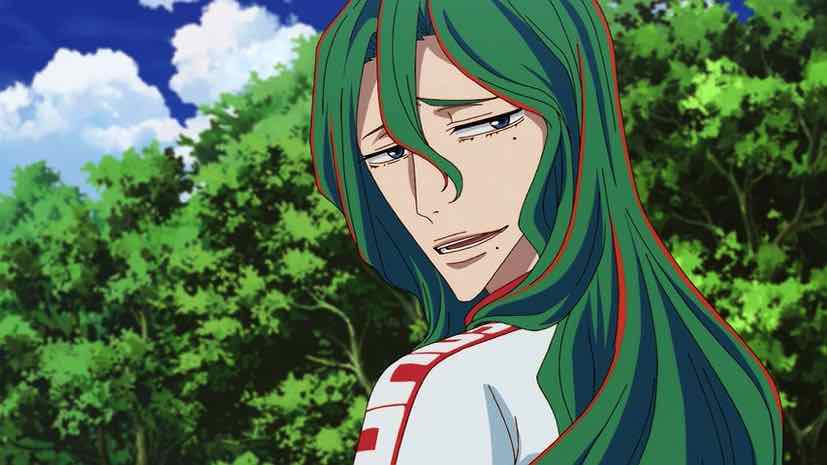
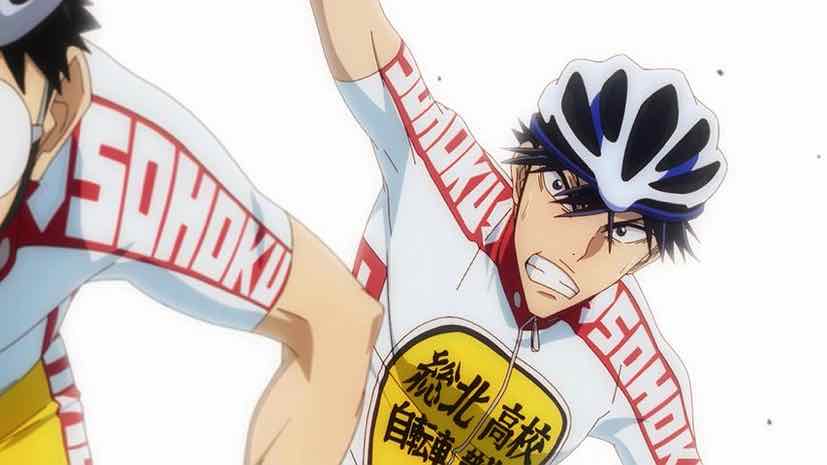
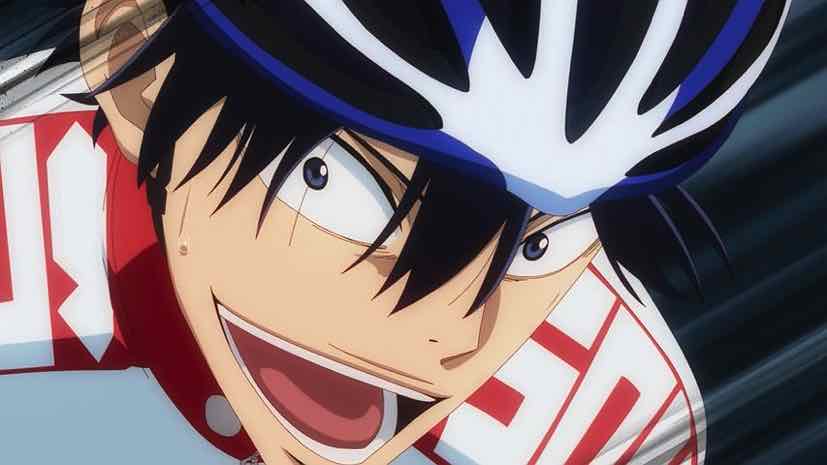
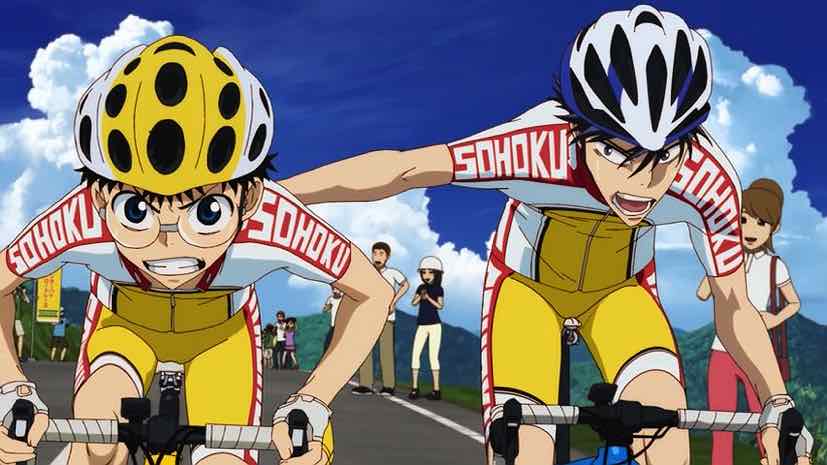
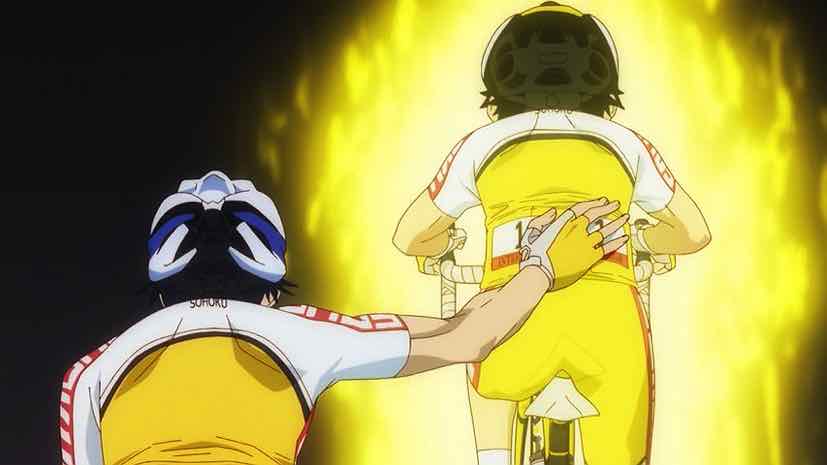
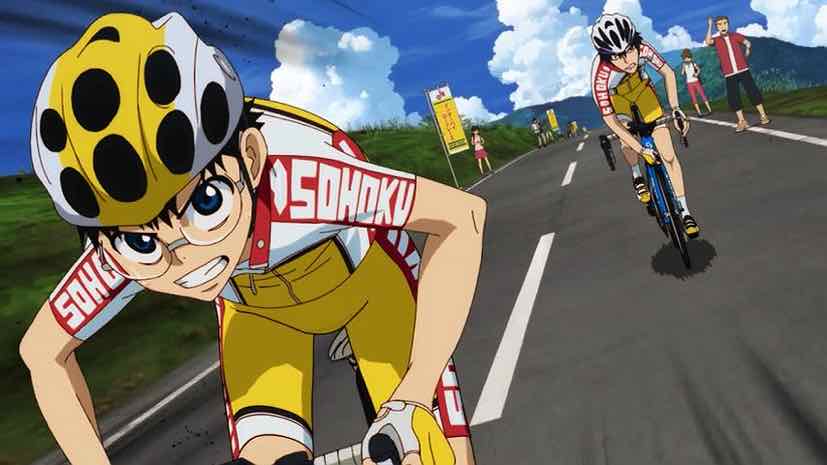
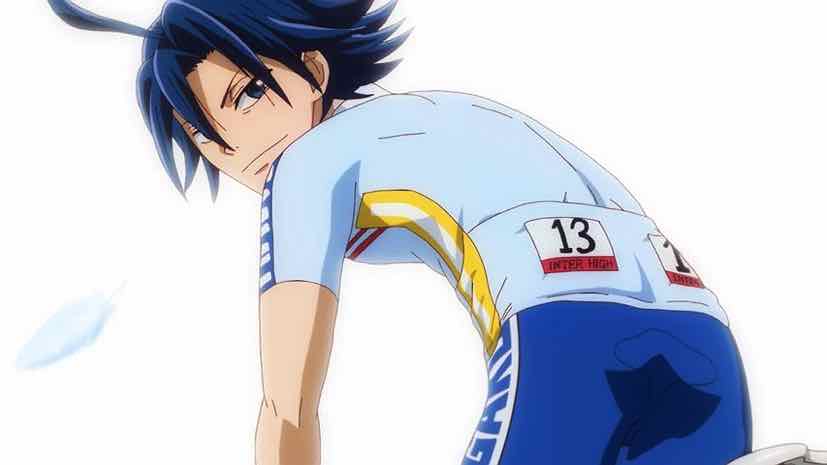
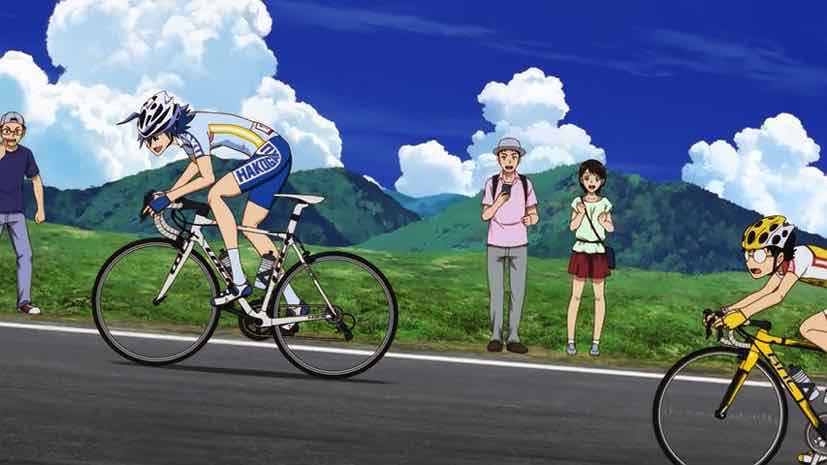
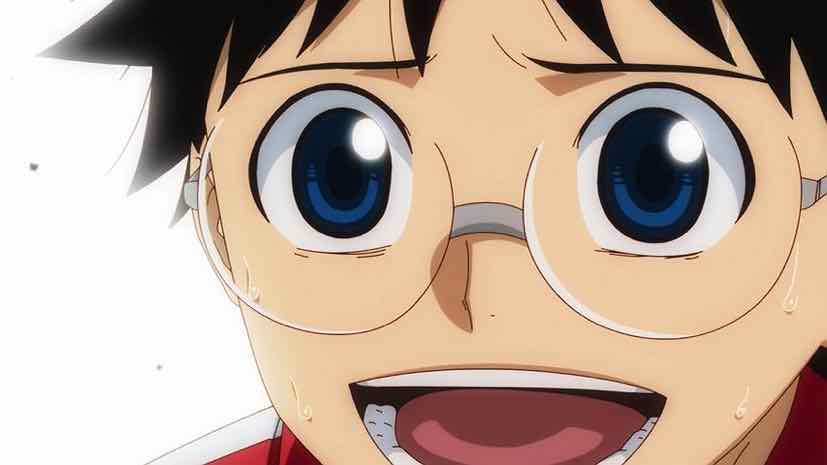

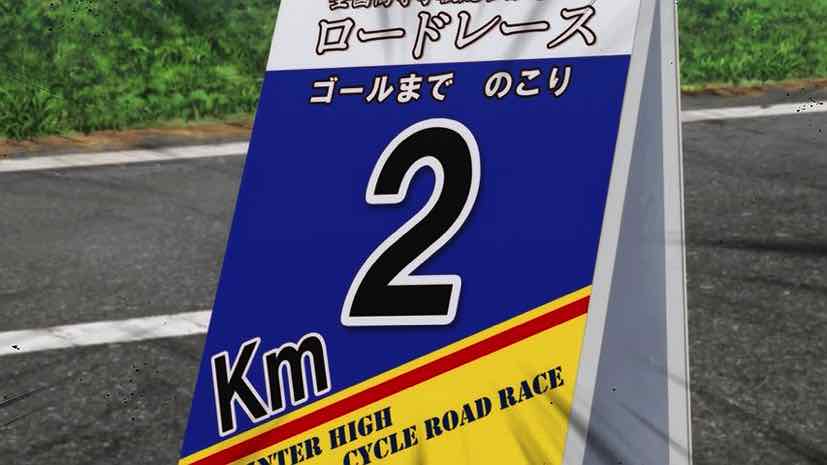
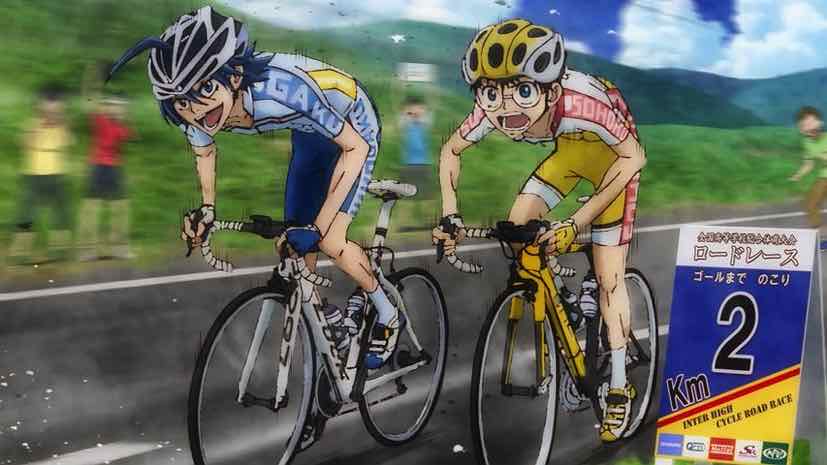
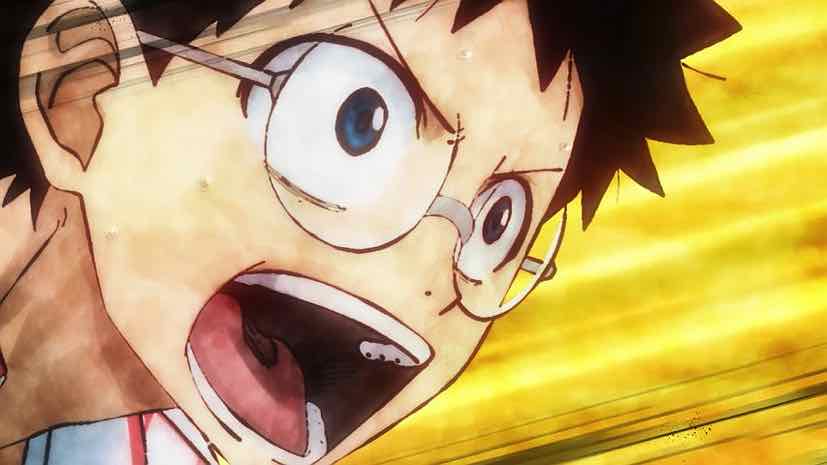
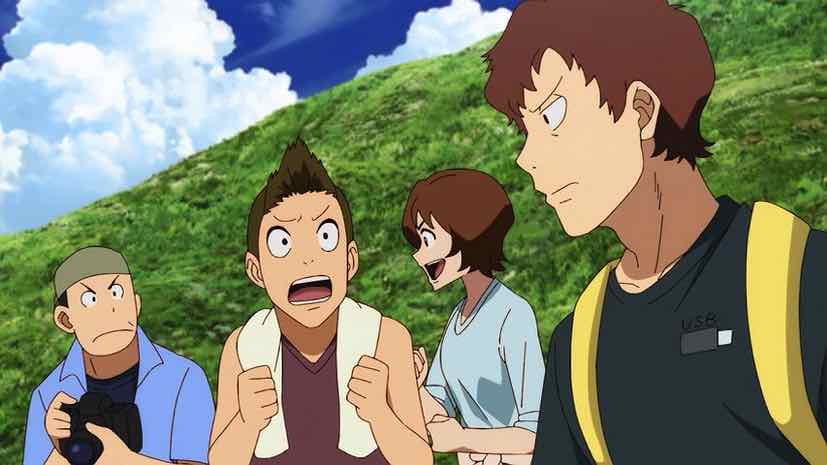
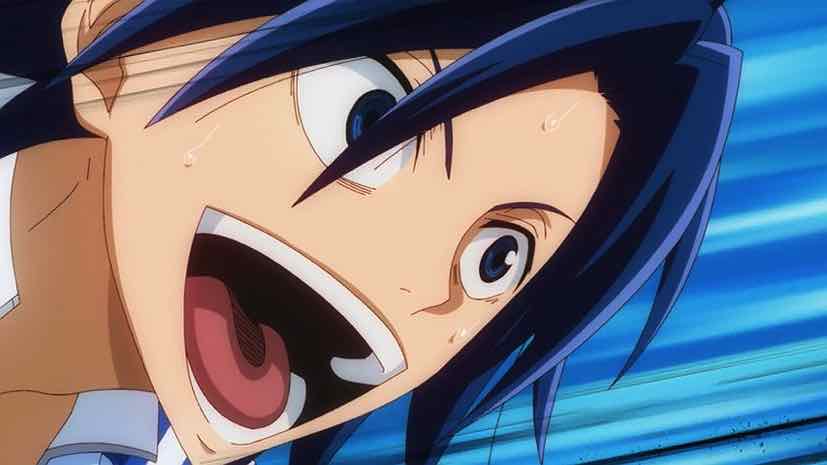
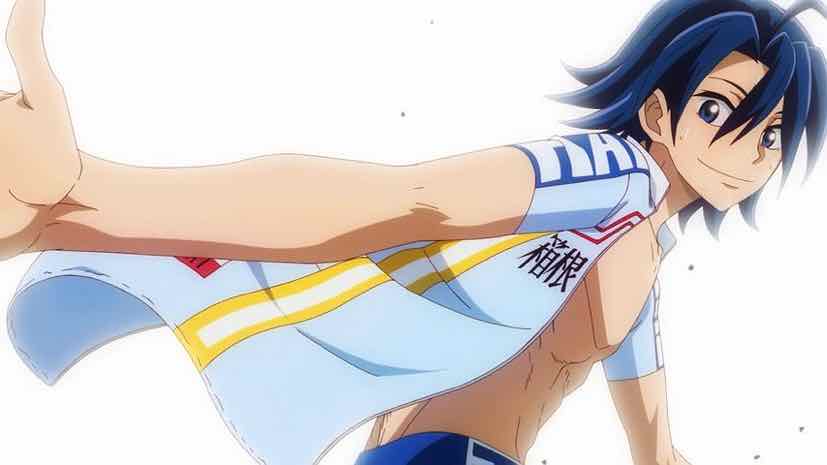
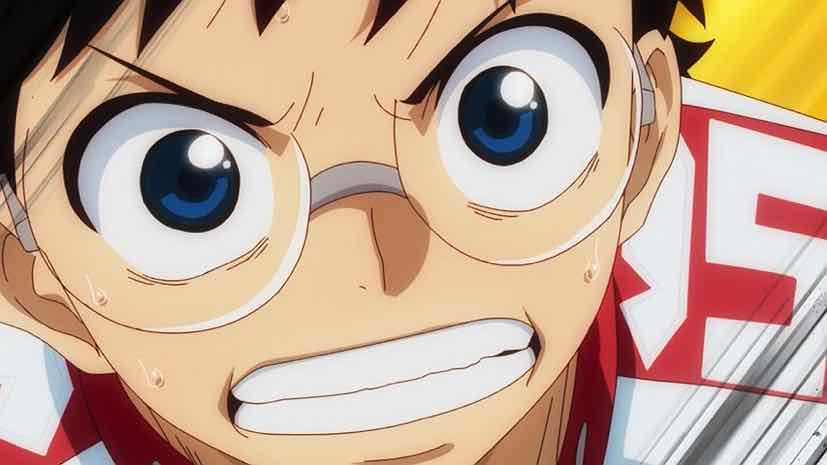
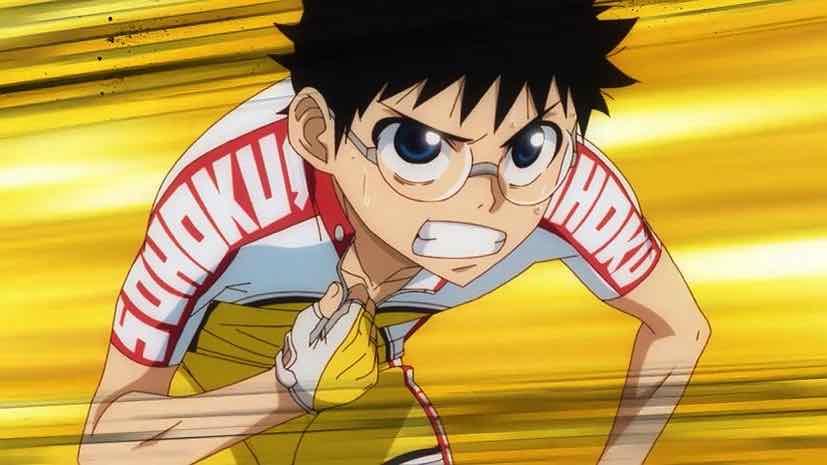
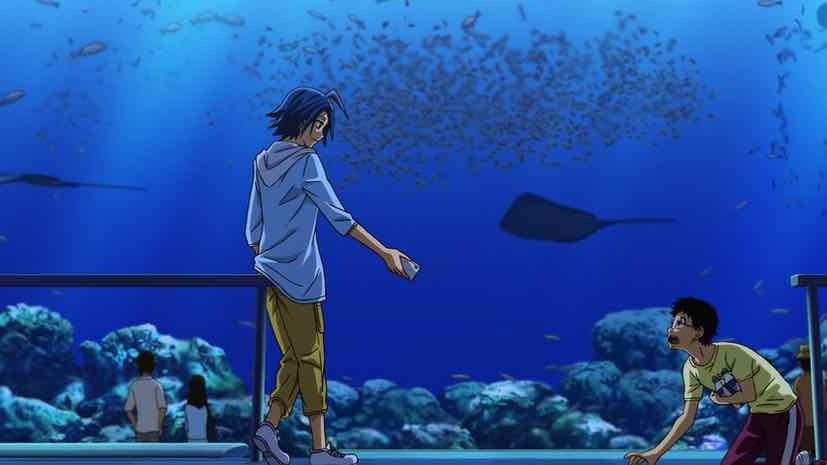
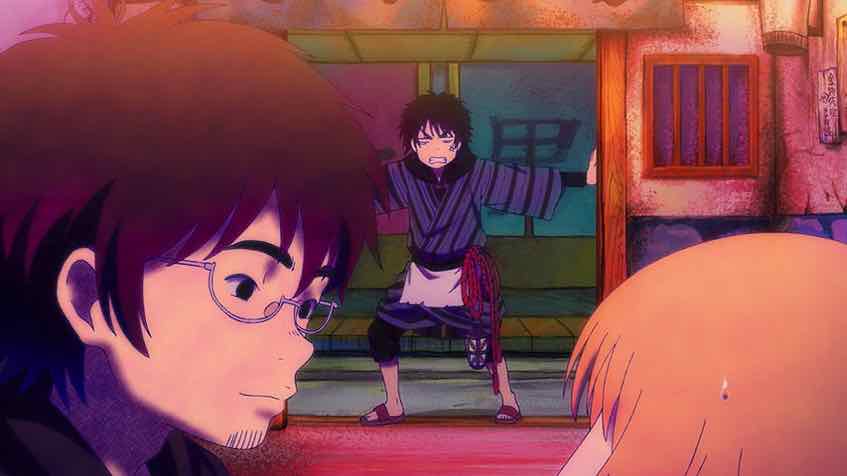
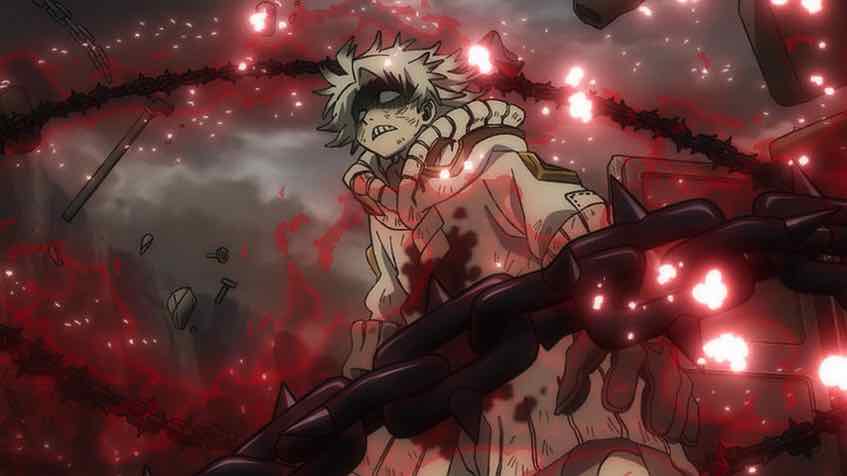
DukeofEarls
February 20, 2023 at 7:49 amI was hoping for Midousuji to be involved, but that concern left me pretty quickly during this episode — I was getting those classic vibes from the 2013 season that made me fall in love with this show to begin with. We even got a glimpse into Manami’s personal theology here, which was a really nice bit of quick character development/exploration.
Guardian Enzo
February 20, 2023 at 8:05 amYup, vintage stuff and these two always make great bookends. Manami is an interesting kid – he just brazenly doesn’t care that much about the team. This in an individual sport played on teams, but nowhere is that more true than with Manami (and Midousuji, in a different way). Sohoku represents the antithesis of that.